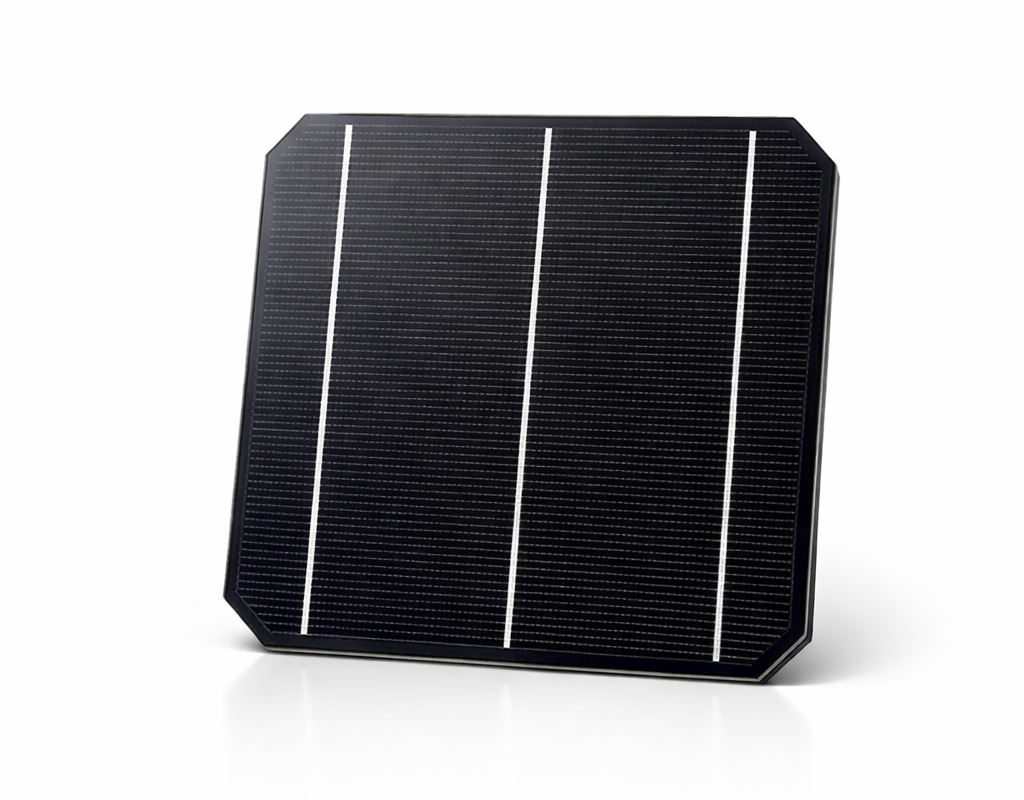Small, solar-powered distribution networks could serve roughly 31 million people throughout the region who lack access to electricity, says the U.S. sustainability research organization.
“The minigrid market has the potential to reach $1.5 billion annually and could include many millions more people if product manufacturers and service providers along with development agencies and African governments take action” said Stephen Doig, managing director of RMI.
The African minigrid market has developed slowly over the years, even in progressive regional markets such as Kenya.
Across the continent, the private sector, development agencies and governments need to work together to ensure that more minigrids are built to provide electricity to households and businesses in areas with weak or non-existent grid infrastructure.
RMI urges companies to improve their service offerings, while reducing costs in cooperation with manufacturers.
It sees clear opportunities in the more effective selection of sites and the development of integrated hardware and software packages, in addition to aggregated finance, modular capacity and management improvements.
Service providers should focus more on serving end users, rather than solely dwelling on power consumption, while passing down costs saved through the use of efficient consumer appliances, RMI argues.
Development institutions should facilitate financing by bringing policymakers and the private sector together, while offering technical assistance and lobbying for policies that could give rise to greater minigrid build-out.
“Blended finance, coordinated by development partners, can begin to leverage outside investment while supporting efforts to better understand the due diligence and de-risking that will be required for full handoff to commercial financiers,” RMI says.
National governments need to ensure policy predictability for investors and developers, it adds.
Policymakers should put forth clear, comprehensive development plans, while fine-tuning import procedures and incentivizing renewables such as solar.
Despite the slow growth of the sub-Saharan off-grid market thus far, some companies are already carving out opportunities, particularly in terms of financing.
In January, for example, investment manager Developing World Markets agreed to provide $7.5 million in debt financing to Off Grid Electric.
The California-based distributed-generation solar specialist will use the funds to push its product offerings in Rwanda, where it has a partnership with the national utility to help provide electricity to rural households.
This content is protected by copyright and may not be reused. If you want to cooperate with us and would like to reuse some of our content, please contact: editors@pv-magazine.com.



By submitting this form you agree to pv magazine using your data for the purposes of publishing your comment.
Your personal data will only be disclosed or otherwise transmitted to third parties for the purposes of spam filtering or if this is necessary for technical maintenance of the website. Any other transfer to third parties will not take place unless this is justified on the basis of applicable data protection regulations or if pv magazine is legally obliged to do so.
You may revoke this consent at any time with effect for the future, in which case your personal data will be deleted immediately. Otherwise, your data will be deleted if pv magazine has processed your request or the purpose of data storage is fulfilled.
Further information on data privacy can be found in our Data Protection Policy.